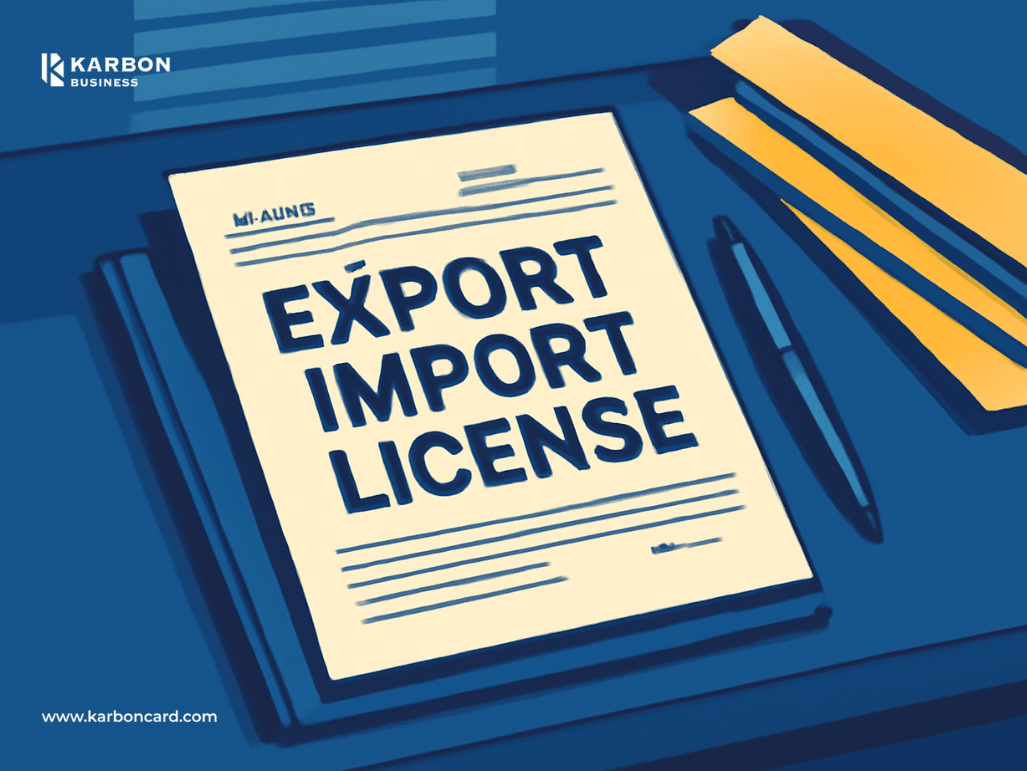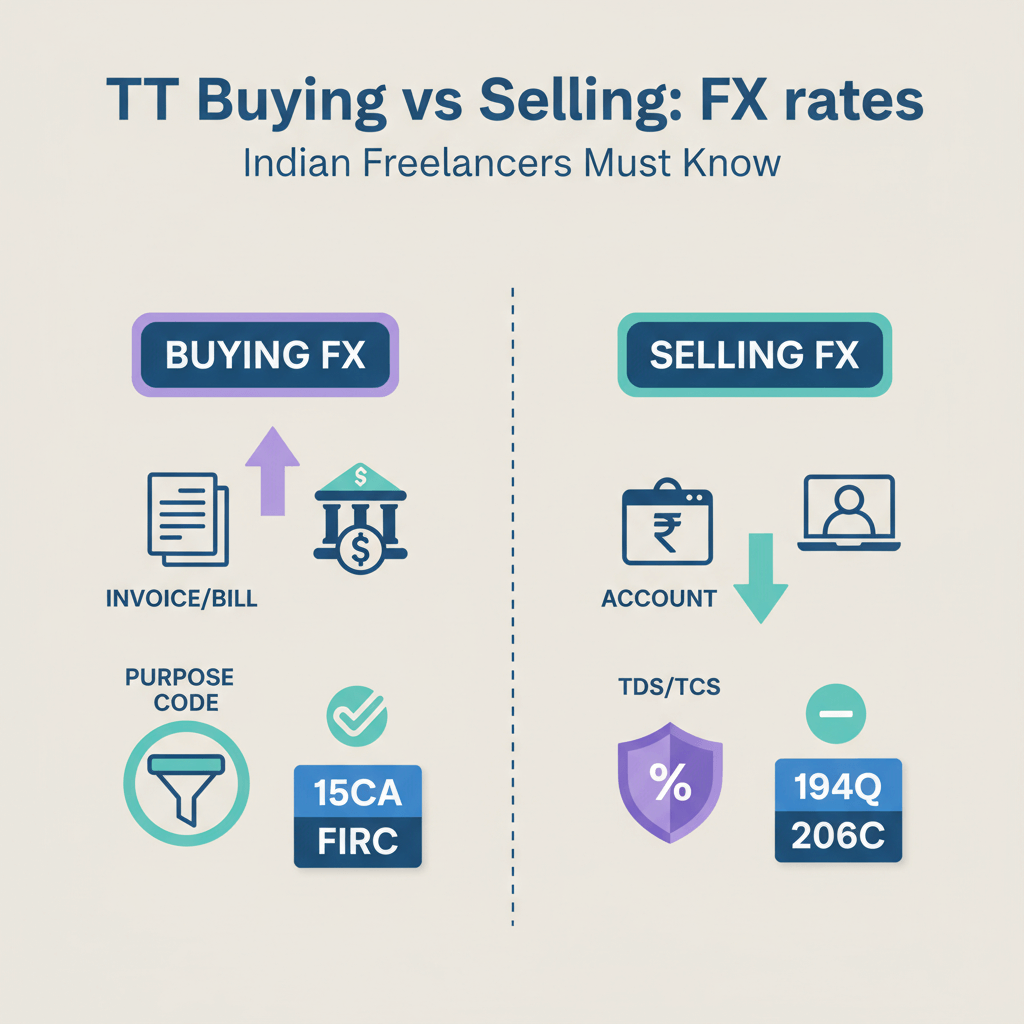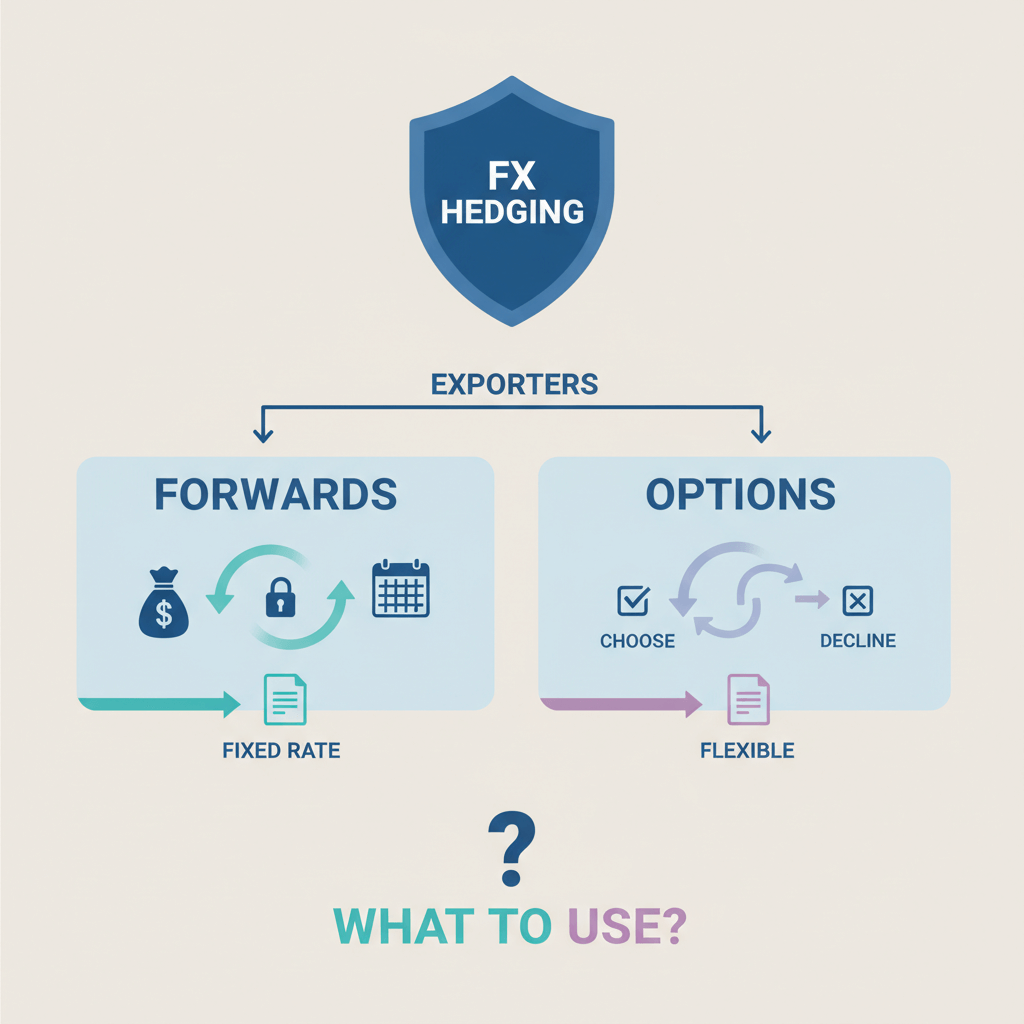What is Export Import License?
An Export-Import License (IEC) is a permit required for businesses to engage in international trade activities. This license authorizes companies to import and export goods and services between India and other countries.
Without it, a business cannot legally engage in cross-border trade, whether it's for importing raw materials or exporting finished products. The Indian government, through the Directorate General of Foreign Trade (DGFT), issues this license to ensure that trade activities comply with the country's regulations and international trade agreements.
For businesses that are planning to expand into the global market, obtaining an Export-Import license is a crucial step to ensure smooth operations and compliance with the law.
Types of Export-Import Licenses in India
India offers a variety of licenses for different types of businesses based on their nature and scale of operations. These licenses are issued by the DGFT, and the most common types include:
Free Import Export License (IEC):
The Free License is the most basic and commonly used. It is available for all types of businesses and does not come with restrictions. Any business that imports or exports goods in general categories must obtain this license.
Restricted Import Export License:
This type of license is issued for businesses dealing in items that are restricted under India’s export or import policy. These might include items that require special permission from the government, such as arms, ammunition, or certain chemicals.
Special Economic Zone (SEZ) License:
Businesses located in SEZs, which have specific tax and business advantages, are eligible for this license. SEZs are designated areas where business activities like import and export are incentivized with fewer restrictions.
Export House License:
This license is for businesses that have exported a minimum amount of goods in the past. It gives them additional privileges for faster export documentation and clearance.
Role of DGFT in Export-Import Licenses
The Directorate General of Foreign Trade (DGFT) is the body responsible for issuing Export-Import licenses in India. They regulate and monitor foreign trade policies and ensure that Indian businesses comply with the trade laws. The DGFT also handles the allocation of import/export quotas, formulates trade-related policies, and resolves disputes related to licenses.
Some of the primary functions of the DGFT in the licensing process include:
- Issuing the IEC code to businesses.
- Regulating export-import activities as per government guidelines.
- Overseeing the classification and registration of businesses under different categories.
- Enforcing policies related to restricted and prohibited items.
Export Import License Requirements
To apply for an Export-Import license, businesses must fulfill certain requirements to ensure their eligibility. The following are the general requirements:
- Business Registration:
Your business must be a registered entity, such as a Private Limited Company, Limited Liability Partnership (LLP), or Partnership firm. - GST Registration:
A valid GST (Goods and Services Tax) registration is necessary for businesses applying for an IEC, as it helps the authorities track business activities. - Bank Account:
The business must have a current bank account in the name of the business, which will be used for transaction purposes when dealing with international payments. - Permanent Account Number (PAN):
A PAN card is mandatory for all businesses to apply for an export-import license. The PAN is essential for identity verification and compliance with taxation laws. - Valid address proof:
You need to provide the business’s registered office address proof, such as a utility bill or property tax receipt. - Email Address & Mobile Number:
A valid email address and phone number are essential for communication with the DGFT.
Import Export License Documents List
Here’s a comprehensive list of documents required to apply for the Export-Import License (IEC):
- Application Form:
Filled application form available online at the DGFT website. - Identity Proof:
PAN card of the business entity and its directors/partners. - Address Proof:
Utility bills or property tax receipts in the name of the business. - Bank Certificate:
A certificate from the bank where the business operates, confirming the bank account details. - Passport-sized Photographs:
Passport-sized photographs of the directors/partners of the business. - GST Registration Certificate:
GST registration certificate for businesses that are registered under GST. - Partnership Deed/Certificate of Incorporation:
Depending on the business structure, this document proves the legal standing of the business. - Authorization Letter:
A letter authorizing a person to submit and manage the application on behalf of the business (if applicable).
Export Import License Validity
An Export-Import License (IEC) issued by the DGFT is valid for lifetime, provided the business continues its operation under the same ownership. The license does not require renewal unless there is a change in the business’s registered address, business name, or any other significant modification.
If the business status changes or a business ceases its international trade operations, the DGFT should be informed, and the IEC should be suspended or canceled.
How to Renew or Modify an Export-Import License
Although the IEC license is valid for life, there are times when modifications are needed. For example, a business may need to update its address, change its company name, or make corrections to the details submitted during the application.
Here’s how to modify or renew your IEC license:
- Log in to DGFT Portal:
Visit the DGFT website and log into your account. - Navigate to ‘Modify IEC’ Section:
Choose the option to modify your IEC details. - Update Required Fields:
Make necessary corrections or changes to the information. You can modify business name, address, contact details, etc. - Upload Documents:
Attach the required supporting documents, like address proof, new GST registration, etc. - Submit for Approval:
After uploading all documents, submit the application for approval. - Confirmation:
Once the modifications are approved, your IEC will be updated, and you will receive a confirmation from DGFT.
Export Import License Cost
The Export-Import License (IEC) in India costs ₹500 for the government fee. On top of that, professional service fees range from ₹799 to ₹3,500, depending on the provider.
So, the total cost can be between ₹1,299 and ₹4,000, depending on the service you choose.
How to Apply for Export Import License Online?
Here’s a step-by-step guide on how to apply for the Export-Import License online:
- Visit DGFT Website:
Go to the official DGFT website: www.dgft.gov.in. - Create an Account:
If you don’t have an account, create a login ID using your email and phone number. - Fill Application Form:
Complete the online application form for the IEC. - Upload Documents:
Upload the necessary documents as mentioned above. - Pay Fees:
Make the required payment of Rs. 500 through online banking or credit/debit card. - Submit Application:
After filling out the form and uploading the documents, submit the application for processing. - IEC Code Issuance:
After processing, the DGFT will issue the IEC code to your business, and you can download the license from your DGFT account.
FAQs
How do I get an import export license?
To get an import export license, you need to apply through the DGFT website by submitting an online application along with necessary documents like PAN card, GST registration, and bank details. After processing, the IEC will be issued to your business.
What is the cost of IEC license?
The cost of applying for an IEC license is Rs. 500, which is a one-time fee.
Is GST mandatory for import export license?
Yes, GST registration is mandatory for businesses applying for an IEC license. This is to ensure that the business complies with India's tax laws.
What is the difference between IEC and export license?
The IEC (Import Export Code) is a license required for businesses to engage in international trade, while an export license refers to permission for businesses to export specific goods. IEC is necessary for both importing and exporting goods.










